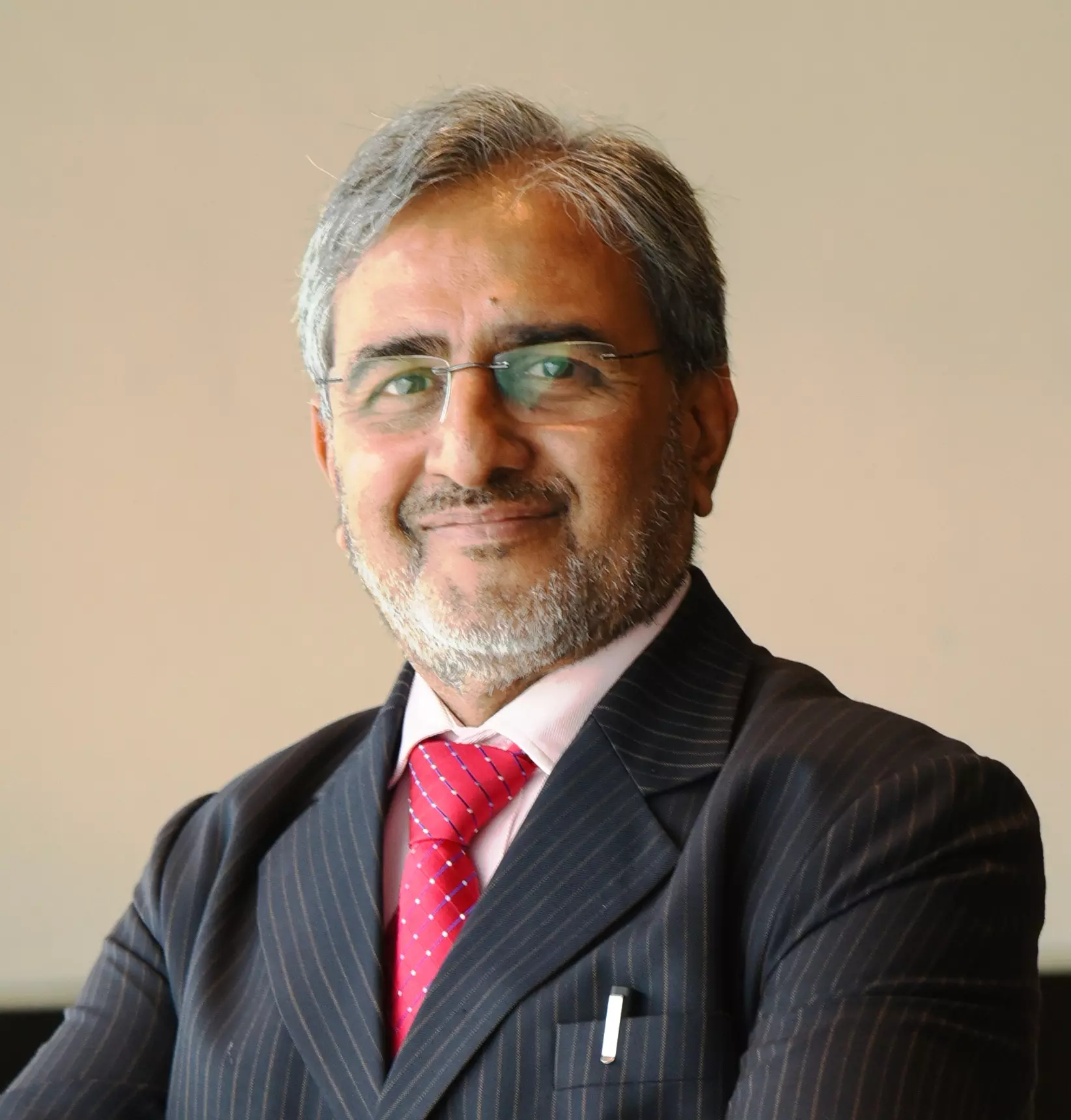- Home
- Medical news & Guidelines
- Anesthesiology
- Cardiology and CTVS
- Critical Care
- Dentistry
- Dermatology
- Diabetes and Endocrinology
- ENT
- Gastroenterology
- Medicine
- Nephrology
- Neurology
- Obstretics-Gynaecology
- Oncology
- Ophthalmology
- Orthopaedics
- Pediatrics-Neonatology
- Psychiatry
- Pulmonology
- Radiology
- Surgery
- Urology
- Laboratory Medicine
- Diet
- Nursing
- Paramedical
- Physiotherapy
- Health news
- Fact Check
- Bone Health Fact Check
- Brain Health Fact Check
- Cancer Related Fact Check
- Child Care Fact Check
- Dental and oral health fact check
- Diabetes and metabolic health fact check
- Diet and Nutrition Fact Check
- Eye and ENT Care Fact Check
- Fitness fact check
- Gut health fact check
- Heart health fact check
- Kidney health fact check
- Medical education fact check
- Men's health fact check
- Respiratory fact check
- Skin and hair care fact check
- Vaccine and Immunization fact check
- Women's health fact check
- AYUSH
- State News
- Andaman and Nicobar Islands
- Andhra Pradesh
- Arunachal Pradesh
- Assam
- Bihar
- Chandigarh
- Chattisgarh
- Dadra and Nagar Haveli
- Daman and Diu
- Delhi
- Goa
- Gujarat
- Haryana
- Himachal Pradesh
- Jammu & Kashmir
- Jharkhand
- Karnataka
- Kerala
- Ladakh
- Lakshadweep
- Madhya Pradesh
- Maharashtra
- Manipur
- Meghalaya
- Mizoram
- Nagaland
- Odisha
- Puducherry
- Punjab
- Rajasthan
- Sikkim
- Tamil Nadu
- Telangana
- Tripura
- Uttar Pradesh
- Uttrakhand
- West Bengal
- Medical Education
- Industry
Unlocking Hope: Advancing Towards an HIV Vaccine- Ft. Dr. Ishwar Gilada - Video
Overview
HIV (Human Immunodeficiency Virus) remains one of the deadliest infectious diseases and developing an HIV vaccine remains a global health priority. Although new treatment and prevention options have changed the HIV landscape for the better, an HIV vaccine is still needed to bring a true end to the HIV pandemic.
The Indian epidemic is concentrated among vulnerable populations at high risk for HIV. The concentrated epidemics are driven by unprotected sex between sex workers and their clients and by injecting drug use with contaminated injecting equipment. Several of the most at risk groups have high and still rising HIV prevalence rates. Recent data suggests there are signs of a decline in HIV prevalence among female sex workers in areas where focused interventions have been implemented, particularly in the southern states, although overall prevalence levels among other high risk group continues to be high.
Speaking to Medical Dialogues is Dr Ishwar Gilada, an HIV specialist having experience of 43 years, the President Emeritus of the AIDS Society of
India and Member Governing Council, International AIDS Society
Dr Gilada emphasizes the need for the development of HIV Vaccine and that more clinical trials and research is needed to support HIV vaccines. He further discusses the following-
1. It is a known fact that an early diagnosis of positive HIV status helps prevent and significantly delay morbid conditions associated with HIV/AIDS but Over 90% of those infected with the virus are not aware of their status.
2. How do researchers address the challenges of HIV's genetic diversity and ability to evade the immune system in developing a vaccine?
3. What role do public health policies and community engagement play in the successful implementation of an HIV vaccination program once a vaccine is developed?
4. Are there any promising clinical trials or research to support HIV vaccines, and what are the key findings or takeaways from these trials?




